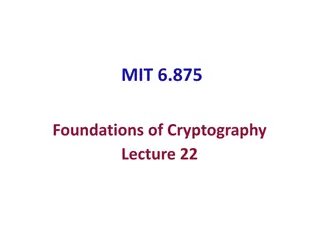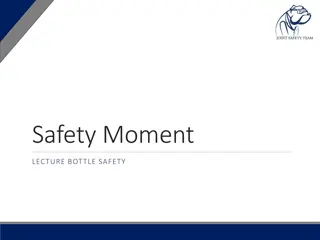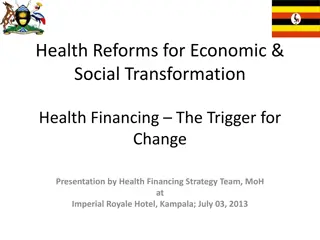
Exploring Colonial Dynamics in Vietnam through Literature and History
Delve into the colonial past of Vietnam through a nuanced study of terms used, nationalist resistance, and French colonial strategies, reflected in works like "La Voie Royale" by André Malraux. Discover how identities were shaped and contested, leading to a complex legacy that echoes through time.
Uploaded on | 0 Views
Download Presentation

Please find below an Image/Link to download the presentation.
The content on the website is provided AS IS for your information and personal use only. It may not be sold, licensed, or shared on other websites without obtaining consent from the author. If you encounter any issues during the download, it is possible that the publisher has removed the file from their server.
You are allowed to download the files provided on this website for personal or commercial use, subject to the condition that they are used lawfully. All files are the property of their respective owners.
The content on the website is provided AS IS for your information and personal use only. It may not be sold, licensed, or shared on other websites without obtaining consent from the author.
E N D
Presentation Transcript
FR248 Lecture 2 LA VOIE ROYALE BY ANDR MALRAUX BY ANDR MALRAUX
In the colonial lexicon, an Annamite was a Vietnamese. The French use of the term, drawn from the derogatory Chinese term for pacified south , was designed to counter nationalist resistance and grated on the nerves of many Vietnamese. Following a classic divide-and-rule strategy, the French banned the term Vietnam and divided the nation into three colonies. Annamites were labelled Cochinchinois, Annamites, and Tonkinois, following the south to north administrative divisions of Vietnam. These officially sanctioned terms influenced the way in which colonials thought about the colonized. Rather than dealing with some 20 million members of a nation with an autonomous history, the French belittled the indig ne as a mere regional native, not part of a larger entity (Michael G. Vann, The Good, the Bad, and the Ugly: Variation and Difference in Racism in Colonia Indochine , in Sue Peabody & Tyler Stovall (eds), The Color of Liberty. Histories of Race in France (Durham and London: Duke University Press, 2003), pp. 187-205 (188-189)).
Exposition coloniale de Vincennes (1931): Le tour du monde en un jour
Angkor Wat Cambodia (Khmer architecture)
Apotheosis but also swans song of French colonialism
Viet Nam Quoc Dan Dang Vietnamese Nationalist Party see Yen Bay uprising 180px-VNQDD
Discourse KNOWLEDGE COLOURED BY PREJUDICES IDEOLOGY Michel Foucault (1926-1984) epistemology: What can we know and how do we know it? affect also representations Time-bound depends on Zeitgeist - see the way in which the concept of race is studied now and before
The Going up that river was like travelling back to the earliest beginnings of the world, when vegetation rioted on the earth and the big trees were kings. An empty stream, a great silence, an impenetrable forest. The air was warm, thick, heavy, sluggish. There was no joy in the brilliance of sunshine. The long stretches of the waterway ran on, deserted, into the gloom of overshadowed distance. [ ] The broadening waters flowed through a mob of wooded islands; you lost your way on that river as you would on a desert, and butted all day long against shoals, trying to find the channel, till you thought yourself bewitched and cut off for ever from everything you had known once somewhere far away in another existence perhaps. (J. Conrad, HoD, p. 59)
Cest important, cette dception en Indochine []. Il faut aller dans les colonies pour conna tre la manifestation extr me de tout ce qui n est pas acceptable dans le capitalisme. Si un pays est fasciste, bon ; vous vous attendez au fascisme dans ses colonies. Mais la France est une d mocratie, et quand je suis arriv aux colonies je me trouvais en face d un fascisme : l abus et l exploitation les plus coupables des peuples coloniaux (quoted by Walter Langlois, A. Malraux, uvres Compl tes I, Gallimard, Coll. La Pl iade, 1989, pp. 1141-1142).
Biens culturels mal acquis an important site of our colonial memory http://afrique.lepoint.fr/culture/le-benin-reveille-la-notion-de-biens- culturels-mal-acquis-02-08-2016- 2058565_2256.php?utm_medium=Social&utm_campaign=Echobox &utm_source=Twitter&utm_term=Autofeed&link_time=1470134018#x tor=CS1-175-%5BEchobox%5D






















